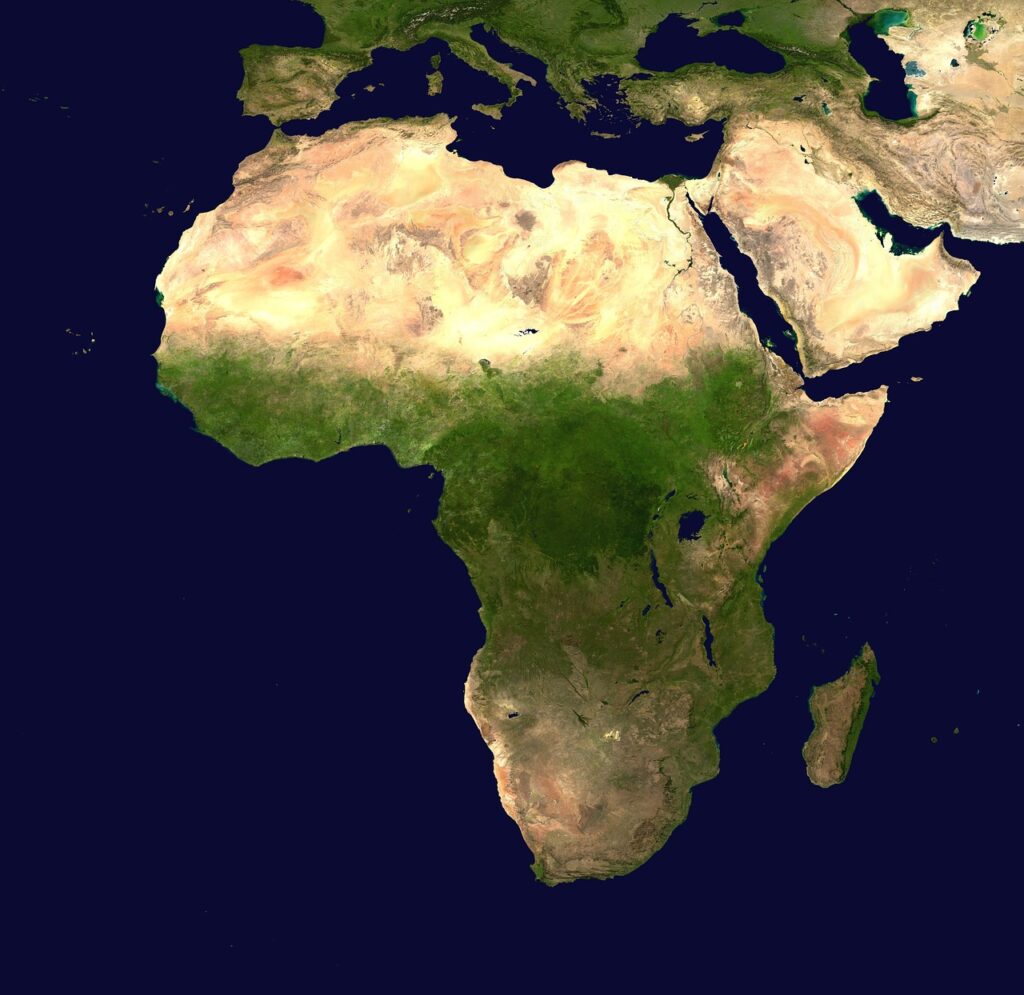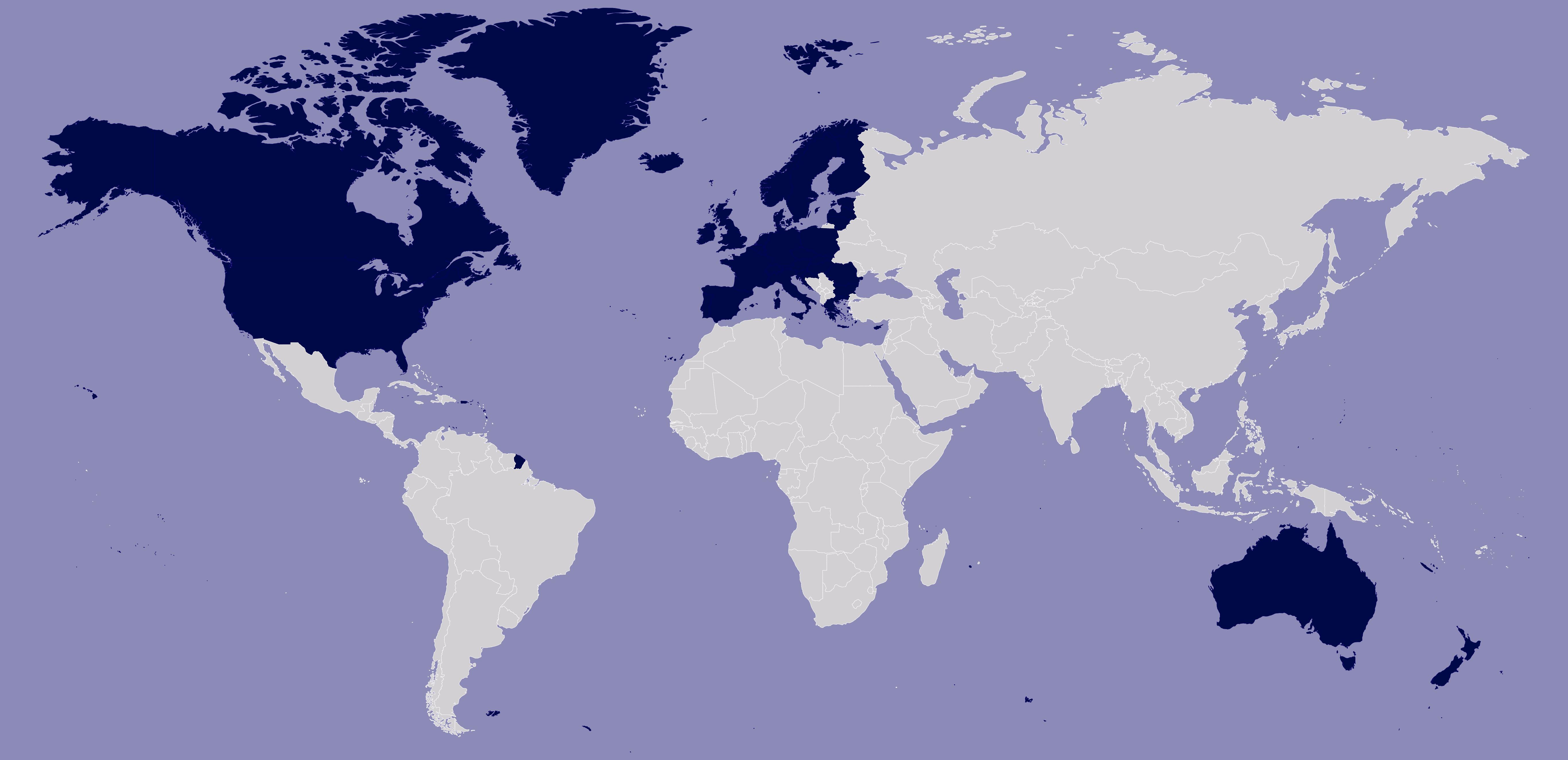In the previous part; I explained the terms ‘dating’, ‘courtship’ and ‘marriage’. If you haven’t read it, I’ll advice to start from there so you know what I mean when I use these terms.

African culture
Note that whenever I speak on ‘African’ or ‘Western’ culture, I’m generalizing. I don’t necessarily live in a pure African context, so most of my experiences are second-hand. Another important note is that not all ethnicities in a certain region behave the exact same way or see eye to eye on certain norms and values, but there usually is some common ground.
In the general African culture there are different views when it comes to dating, courtship and marriage:
- Transition to Adulthood:
In traditional African cultures dating and courtship may be seen as milestone events that mark the transition from adolescence to adulthood. Relationships are viewed as a natural part of growing up and preparing for adult responsibilities, including marriage and family life. That’s usually why they believe children and teenagers have no business dating.
- Emphasis on Family and Community:
Family and community play a central role in matters of relationships and marriage. Young adults are often expected to listen to the advice decisions of their parents & elders when it comes to dating and marriage.
- Preparation for Marriage:
Like I said earlier, dating/courtship is viewed as a forerunner to marriage rather than a casual or recreational activity. Young adults enter into relationships with the intention of finding a suitable partner for marriage in the future.
- Respect for Elders and Authority:
Young adults are expected to show respect towards their elders and follow cultural norms and traditions regarding dating and relationships. Elders provide guidance and oversight in the dating/courting process, ensuring that relationships are conducted in a manner that upholds their cultural values.
- Gender Roles and Expectations:
Traditional gender roles often influence dating/courtship practices in African societies. Expectations regarding the behavior and responsibilities of young men and women vary, with certain behaviors and interactions deemed appropriate or inappropriate based on gender norms.
Example: a woman who can’t cook or clean isn’t wife material.
You can criticize this thought and complain as much as you want, but it is something you’ll have to consider if you fancy someone with an African background.
- Community Involvement:
Dating and courtship is a community activity and everyone will be in your business whether you like it or not. They’ll give advice, play matchmaker and can even ruin a relationship when their involvement is too much. It’s important to establish a healthy boundary; listen to their advice but remember that it’s your relationship.
- Preservation of Cultural Identity:
Cultural identity and heritage are important and young adults are encouraged to seek partners from within their own cultural or ethnic group to preserve cultural traditions and values. Things like language, cuisine, dressing and music are somethings that might hold a lot of value to certain individuals and sometimes they can cause conflict within a relationship if it isn’t properly addressed.
Western culture

In the Western culture there is a different perspective when it comes to dating, courtship and marriage:
- Individual Freedom and Autonomy:
Western societies often emphasize individual freedom and autonomy, even in matters of dating and relationships. Teenagers are generally encouraged to explore their romantic interests and develop social skills through dating experiences. They see it as a learning process because to them practice makes perfect (I honestly can’t imagine an African parent encouraging their teenager to date. They probably exist but I personally don’t know any).
- Socialization and Peer Influence:
Teenage dating is seen as a natural part of socialization and development in Western cultures. Peer influence and social norms play a significant role in shaping teenagers’ attitudes and behaviors regarding dating. The stories I heard back in high school were so wild, I wouldn’t dare do the things my mates were doing. Sometimes I wondered if parents were aware of what their kids were up to.
- Sexual Education and Awareness:
Many Western countries have explicit sexual education programs in schools that aim to provide teenagers with information and resources to make informed decisions about relationships, sexuality, and contraception. I honestly don’t know how explicit it is these days in Africa but I heard in the past, schools would tell students to ask their parents and parents would tell their kids they’ll find out later.
- Parental Guidance and Support:
While teenagers may have more autonomy in their dating lives, parental guidance and support are still important factors in Western cultures. Parents often play a role in setting boundaries, offering advice, and providing emotional support to their teenage children as they navigate romantic relationships.
- Diversity of Experiences and Perspectives:
Western societies are diverse, and attitudes toward teenage dating can vary widely depending on cultural, religious, and regional factors. Some families may have more conservative views and place stricter limits on dating, while others may allow more freedom of expression.
- Delayed Marriage and Long-Term Relationships:
In recent times, there has been a trend toward delayed marriage and an emphasis on long-term relationships and cohabitation before marriage. People are scared of commitment and want to make sure they really know the other person before making big decisions. Teenagers may view the dating process as a way to establish meaningful connections and explore compatibility before committing to a long-term partnership.
- Digital Technology and Online Dating:
The rise of digital technology and social media has had a worldwide impact on teenage dating. Many teenagers use social media platforms and dating apps to meet and connect with potential partners. Although it helps to connect with people you might’ve never come across, there are also some dangers to online dating. It’s even become so common that my generation doesn’t know how to approach people IRL, forgetting the fact that our online personas can sometimes be extremely different from who we really are.
As a young adult who has spent her entire life among diverse cultures, I’ve seen how different cultures view relationships. Being a Nigerian living in Belgium, I often compare both cultures to see which aspects I want to carry forward and which are better left behind (because let’s be honest: no culture is perfect). Our backgrounds, experiences, and mindsets shape who we are, how we view relationships and what we can become in the future. This is also something to consider when looking for a potential partner.
But whether I choose to identify as Nigerian or Belgian, my most important identity is my Christian identity. Before considering what my culture thinks, the biggest question should be, ‘What does God think?’
In the last part of this series, I want to really explore the Christian perspective on dating, courtship, and marriage. How does God view romantic relationships and what are His expectations of us?
Stay Blessed x



2 responses to “Building Relationships on the Rock of Christ (Pt 2)”
Very constructive write up. Keep it up faith.
Thank you!